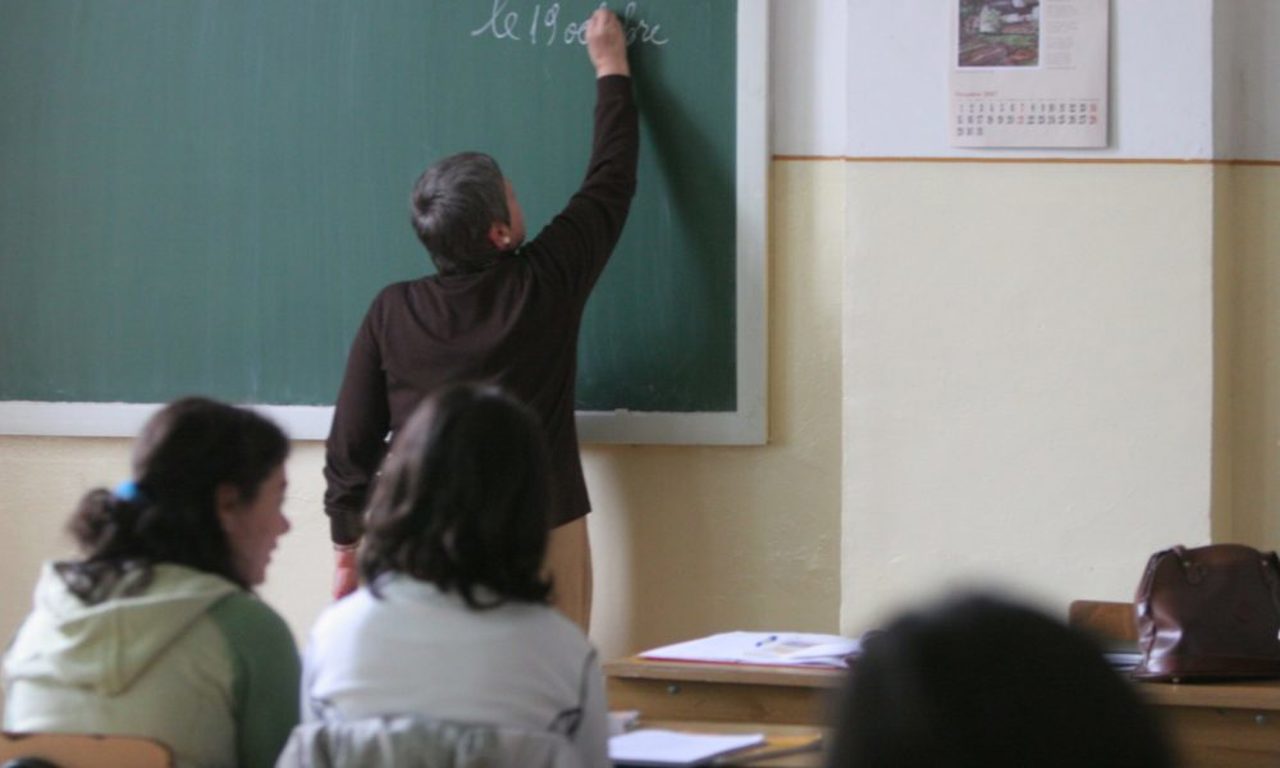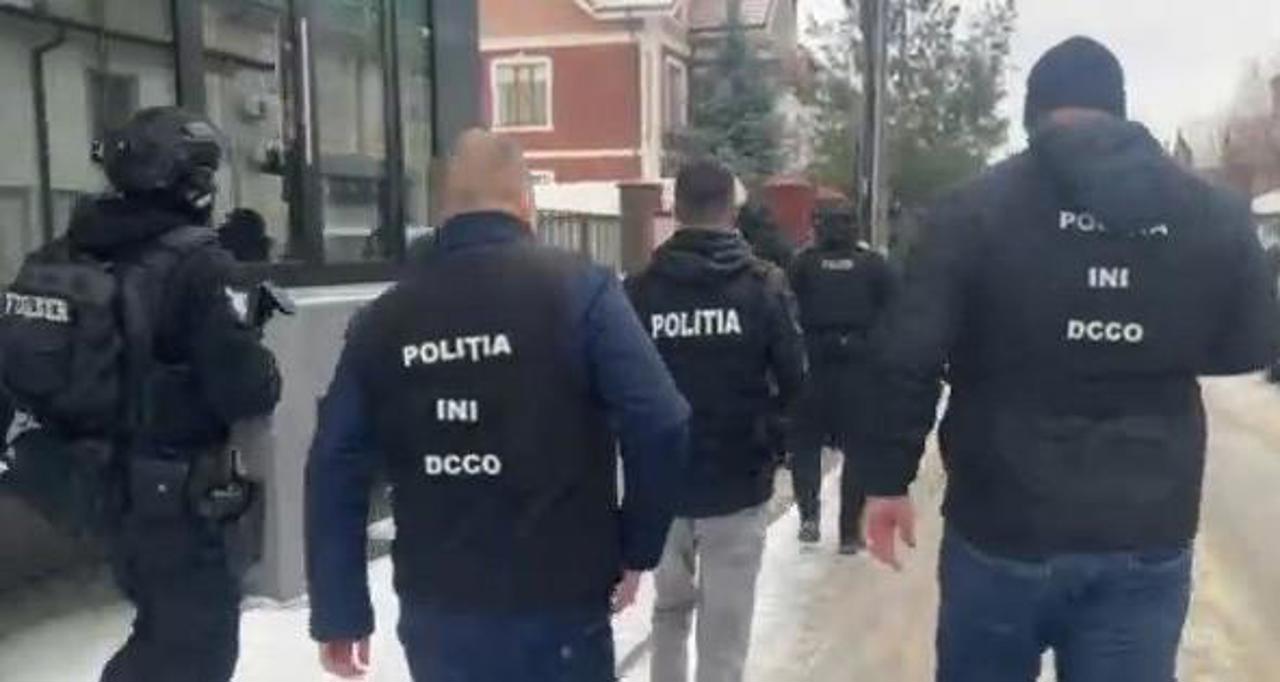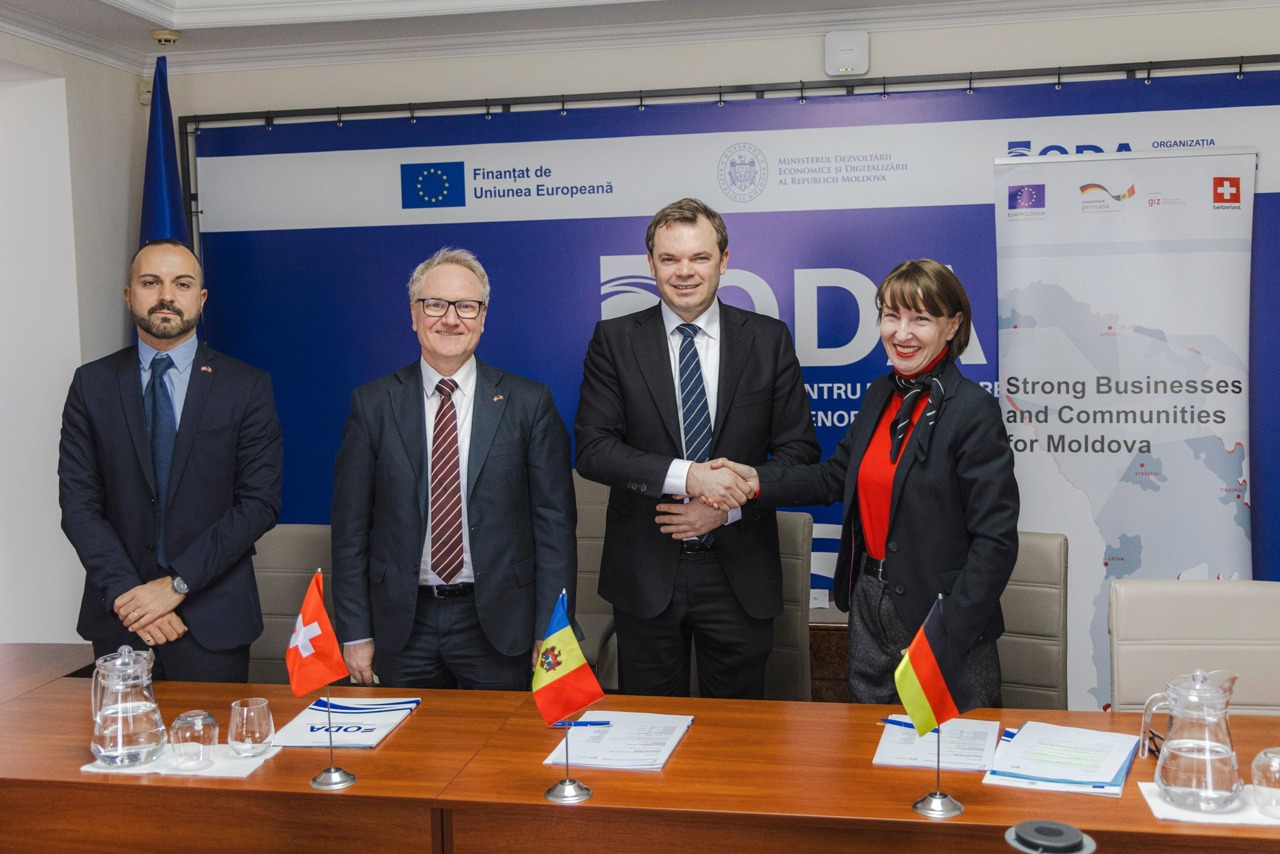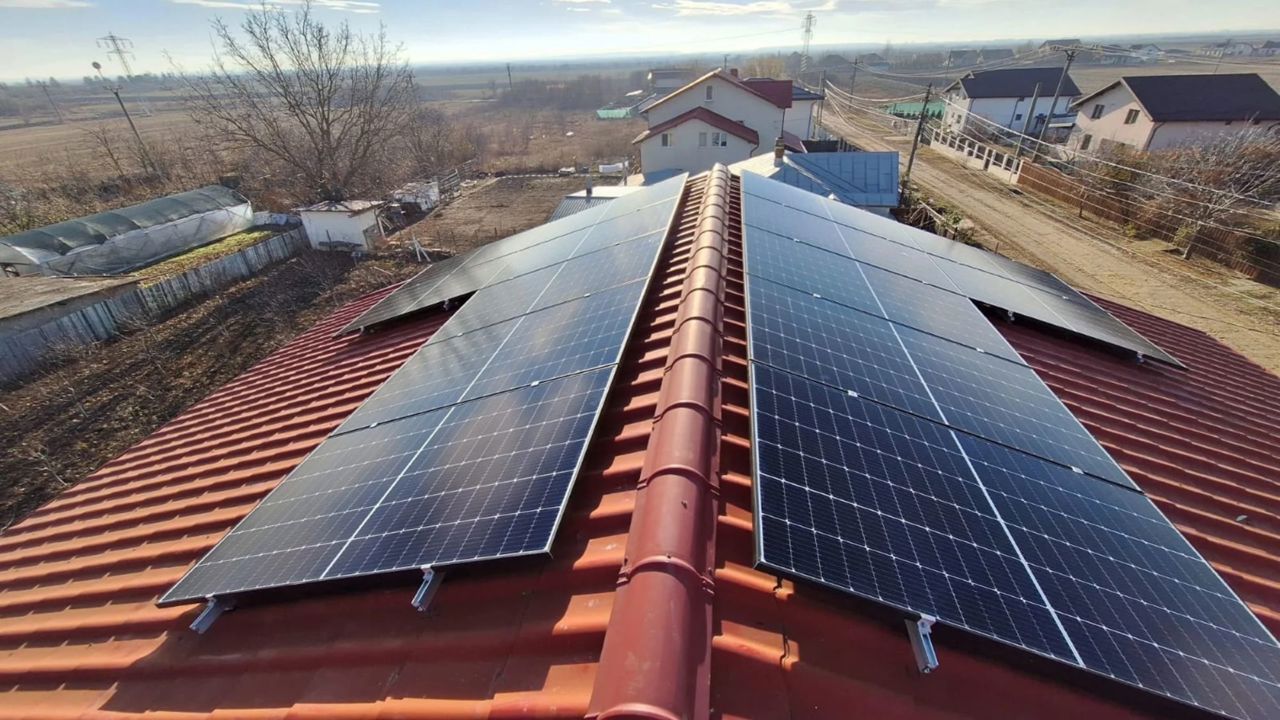Schools in Transnistria face threats, restrictions, and limited resources
Preparations for the new school year are in full swing at the eight Romanian-language schools on the left bank of the Dniester River.

School directors are worried, given the ongoing war in Ukraine and past experiences when, under threats from militias, they were forced to stop flying the Moldovan flag and singing the national anthem. Meanwhile, the authorities in Chișinău have no information indicating that the new school year will start with difficulties in the eight Romanian-language schools on the left bank of the Dniester, but they do not rule out this possibility either.
Teachers at the Evrika Theoretical Lyceum in Râbnița, the only one with Latin script teaching in the city, hope that the new school year will start without major difficulties. However, they do not completely rule out possible challenges.
"We are in a region experiencing a crisis situation, so we don't know what to expect, even from the structures on the left bank of the Dniester, with which we have been cooperating somewhat better lately," said Ion Bucioc, director of the Evrika Theoretical Lyceum.
In Tighina too, teachers at the Alexandru cel Bun Theoretical Lyceum with Romanian-language teaching are hoping for a peaceful start to the year.
"We have learned a lesson: you never know what surprises these pseudo-friends of theirs will prepare for you. We never trust that everything will be fine. We only hope in God's protection," said Maria Roibu, director of the Alexandru cel Bun Theoretical Lyceum.
Years pass, but the problems remain the same: the lack of their own buildings, summons, the risk of being drafted into the so-called Transnistrian army, and challenges related to the freedom of movement of teachers and students. For example, the Evrika Theoretical Lyceum is attended by students from both banks of the Dniester, and those who come from the right bank are forced to present so-called certificates to cross the illegal checkpoint in Tiraspol daily.
"They are subject to control, registered, and monitored, but the process is slightly easier than it was until 2017. It can be crossed, but of course, this means a waste of time. Children are late for classes because of this, when it is their turn, as usual in the morning hours, when a large part of the population goes to work on the right or left bank of the Dniester and the queue at the customs is quite large," added Ion Bucioc.
Both Ion Bucioc and Maria Roibu believe that reintegration is the solution to the problems faced by schools with Latin script teaching on the left bank of the Dniester.
This year, schools on the left bank of the Dniester will open their doors on September 1 or 2, at their choice, just like those on the right bank of the Dniester. The Deputy Prime Minister for Reintegration, Oleg Serebrian, stated that the number of children who have chosen to study in the eight educational institutions has increased slightly.
"A significant part, especially in Tighina, Tiraspol, and Râbnița, are native Russian speakers, which is also encouraging. This means that our education system is trusted even there, on the left bank of the Dniester. And this is an important step towards the reintegration of our society," said Deputy Prime Minister Oleg Serebrian.
The Reintegration Office announces that inspections have been carried out in educational institutions with Romanian-language teaching that rent spaces in the Transnistrian region to assess their readiness for the new school year. Despite several obstacles caused by the unresolved Transnistrian issue, the Moldovan authorities are directing their efforts towards ensuring the free movement of students and teachers.
Translation by Iurie Tataru






